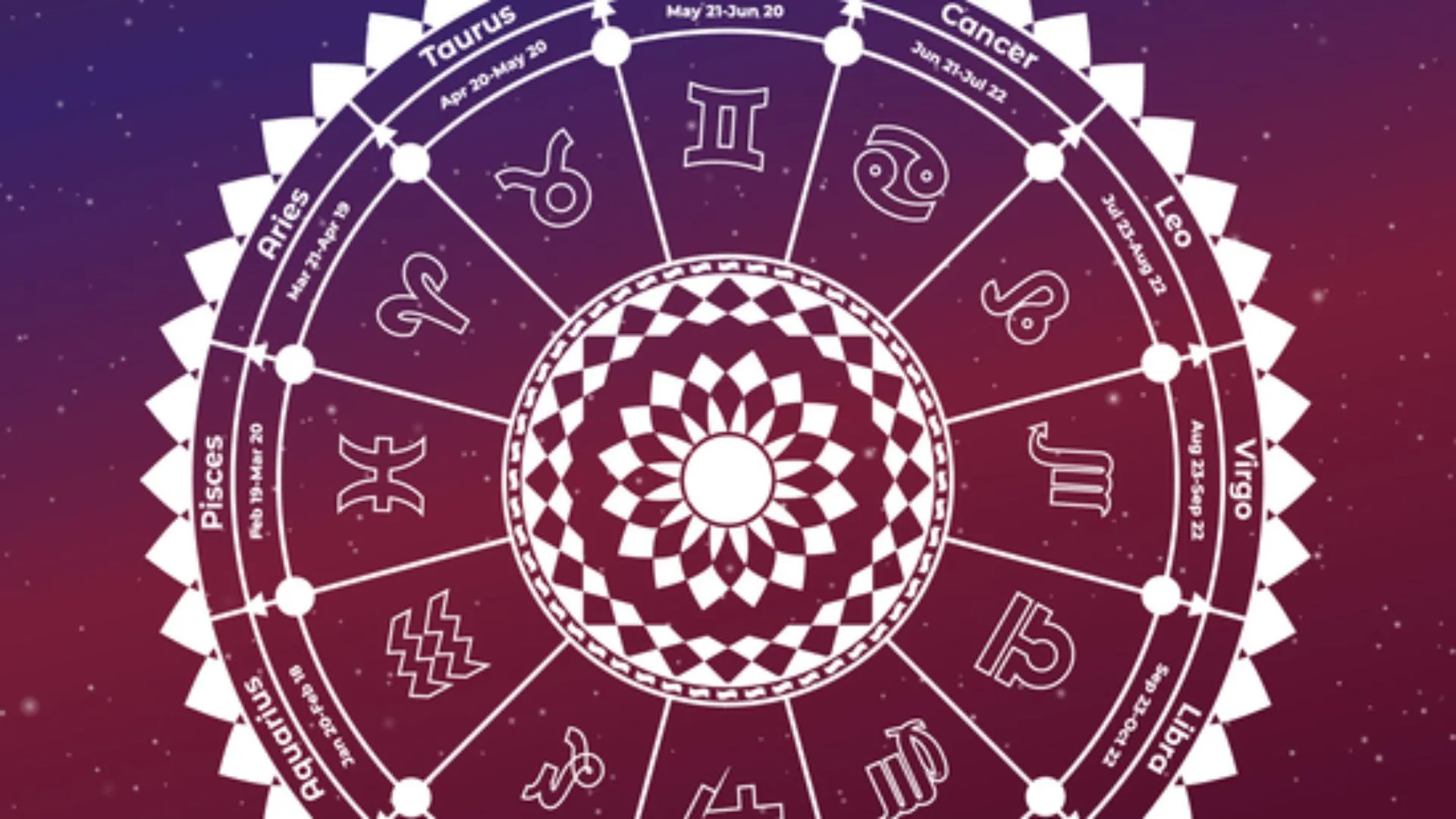The race to succeed Canadian Prime Minister Justin Trudeau is set to begin this week following his announcement to step down as leader once a new head of the Liberal Party is chosen. However, Trudeau’s successor will face significant challenges, including restoring the party’s tarnished image and preparing for an almost immediate confidence vote in Parliament.
Liberal Party Begins Canada’s Leadership Selection Process
In a press release on Monday, Liberal Party President Sachit Mehra stated that the National Board would convene this week to initiate the “nationwide democratic process of selecting a new leader.” With Parliament prorogued until March 24, the party has approximately two and a half months to complete the leadership selection process.
Trudeau, addressing the media in Ottawa, expressed his reasoning for stepping aside. “This country deserves a real choice in the next election, and it has become clear to me that if I’m having to fight internal battles, I cannot be the best option in that election,” he said.
Canada To Face Challenges for Trudeau’s Successor
The incoming leader will inherit a party plagued by declining popularity over the last two years. Political scientist Andrew McDougall of the University of Toronto remarked, “Avoiding the worst outcome is maybe all they can do. Can they turn it around? Maybe, but I think it will be a very heavy lift.”
The leadership race will likely include several prominent contenders:
- Chrystia Freeland: The former Deputy Prime Minister and Finance Minister, whose dramatic resignation in December is seen as a factor in the current political crisis. Freeland, closely associated with Trudeau’s government, could face challenges due to this association, though her public break from the administration might work in her favor.
- Dominic LeBlanc, Anita Anand, Mélanie Joly, and François-Philippe Champagne: All current cabinet ministers who carry the weight of their ties to the Trudeau government.
- Mark Carney: Former Governor of the Bank of Canada and the Bank of England. Carney, who announced his intention to run, may struggle with “retail politics,” despite his impressive resume.
- Christy Clark: Former Premier of British Columbia, who lacks national recognition but is free of the Trudeau government’s baggage. Clark emphasized party growth, stating on social media, “This is the biggest opportunity in over a decade that we’ve had to grow our party and welcome new Liberals — including Canadians concerned about the future of our country.”
An Immediate Confidence Vote Looms
The next Liberal leader will face a daunting challenge upon assuming office. When Parliament resumes, they will likely encounter a confidence vote—possibly on the Throne Speech, which outlines the government’s agenda, or during debates on funding beyond March 31.
Trudeau expressed hope that his departure might reduce political polarization. “Removing me from the equation as the leader who will fight the next election for the Liberal Party should also decrease the level of polarisation that we’re seeing right now in the House and in Canadian politics,” he said.
Canada’s Opposition Parties Respond
Opposition leaders were quick to dismiss any potential for change under a new Liberal leader:
- Conservative Leader Pierre Poilievre accused the Liberals of attempting to deceive voters. “Nothing has changed. Every Liberal MP and Leadership contender supported EVERYTHING Trudeau did for nine years, and now they want to trick voters by swapping in another Liberal face to keep ripping off Canadians for another four years,” he said in a video statement.
- NDP Leader Jagmeet Singh echoed a similar sentiment, declaring, “The Liberals do not deserve another chance, no matter who is the leader.” While the NDP formally ended its agreement with the Liberals, which had kept the minority government afloat since 2021, it previously voted against no-confidence motions, including one based on Singh’s criticism of Trudeau.
- Bloc Québécois Leader Yves-François Blanchet argued that the party remains fundamentally shaped by Trudeau. He stated, “There is no possible way for this party to become something else in a few weeks,” and called for an election.
Electoral Risks and Historical Precedents for Canada
With federal elections scheduled for October, an earlier election could occur due to the government’s current fragility. Analysts note historical parallels, such as Kim Campbell’s brief tenure in 1993 following Brian Mulroney’s resignation, which ended in an electoral rout, and Rishi Sunak’s struggle in the UK after replacing Boris Johnson and Liz Truss.
Some speculate that the Liberal Party’s National Caucus meeting on Wednesday may push for an interim leader, accelerating Trudeau’s exit.
Regardless of strategy, the Liberal Party appears to face a steep uphill battle. McDougall predicts, “The ruling party is headed for a bad electoral defeat.”
The new leader will need to navigate a fractured political landscape, reconnect with disenchanted voters, and prepare for the challenges of governing a divided Parliament—all while trying to rebuild the Liberal Party’s damaged reputation.






















